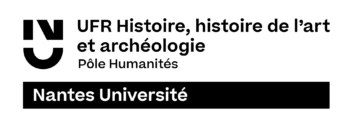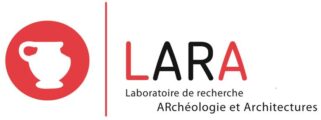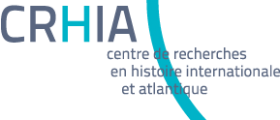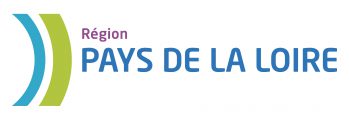The project PARABAINO intends to address massacres and extreme violence through the ancient Greek and Roman experience in a comparative and multidisciplinary perspective (Anthropology, Archaeology, History, History of Art, Classical Philology, and Philosophy).
The aim of this project is to study the genesis of such practices by placing the Ancient World in the global debate on genocide and mass violence. As a result, we shall not only better understand the ancient societies but also contribute to an overall reflection on the subject. Research on genocide highlights the everlasting nature of mass violence, but also the difficulty of addressing it by means of a wording put forward by Westerners in the twentieth century. One of the main scientific obstacles to be overcome within this project will therefore be conceptual and terminological.
Greek and Roman civilizations certainly knew of massacres and extreme violence (abusing people, destruction, mass enslavement, deportation, etc.), thinking in and graphically depicting them. Studying such civilizations makes us deeply reflect on identity, otherness and gender, dehumanization in short, and their resulting crises. Moreover, such studies provide us with “models” which in fact question the modern conceptualizations and interpretations of mass violence and their narrations, how they were put in history books, their memorialization and commemoration. Such ancient evidence constitutes useful paradigms of extremely convulsive situations at war. Moreover, their study through the looking glass of transgression will allow us to avoid any form of ranking put forward by any legal arrangement we may encounter in the historical evidence. We thus aim to foster a cutting-edge view of the past in order to illuminate our own present. In order to achieve such a goal, genocide will become the key of our global analysis instead of addressing it as a mere prerequisite for understanding war as an annihilation phenomenon with traumatic side effects. After listing the relevant facts involved, this project will focus its attention on the processes of liberation by determining timings and responsibilities. Then, their transgressive dimension will be questioned as well as the steps taken to assimilate, circumscribe and neutralize such destructive practices and their effects. Analysing transgressions will pose new queries regarding the foundations of the societies facing them. For instance, whose sacred values are tested when the physical integrity of men, women and children have been seriously damaged and even monuments destroyed? How do we measure and mould intolerance?
In order to respond to such questions –according to the varied expertise of its members- the PARABAINO project team will conduct research through a corpus of evidence shared in an intranet. Such database will constitute the basis of our scholarly work, in addition to the methodological and epistemological choices put forward by project members. The aforementioned corpus will then be made available online in a simplified form for the benefit of researchers, secondary school teachers and the general public. The website will therefore provide free access by searching patterns to the analytical files of the main textual and iconographic sources, alongside the thematic files. Additionally, bibliography, a lexicon, summaries of articles and recordings of communications will be made available. Indeed, the scientific meetings answering the questions posed by the project and their publication results will complete the dissemination and valorisation of the project outcome. In particular, data will be also available to students and researchers, scholars from the ancient world but also from social sciences, all interested in genocide and mass violence.
Thus the PARABAINO project, by focusing its main study on Antiquity, proposes to become a scientific point of departure for deeper and more general reflection on genocide and mass violence which has already begun to be conducted by all sorts of specialists and public in general.
Scientific management :
- Isabelle Pimouguet-Pédarros
- Nathalie Barrandon














